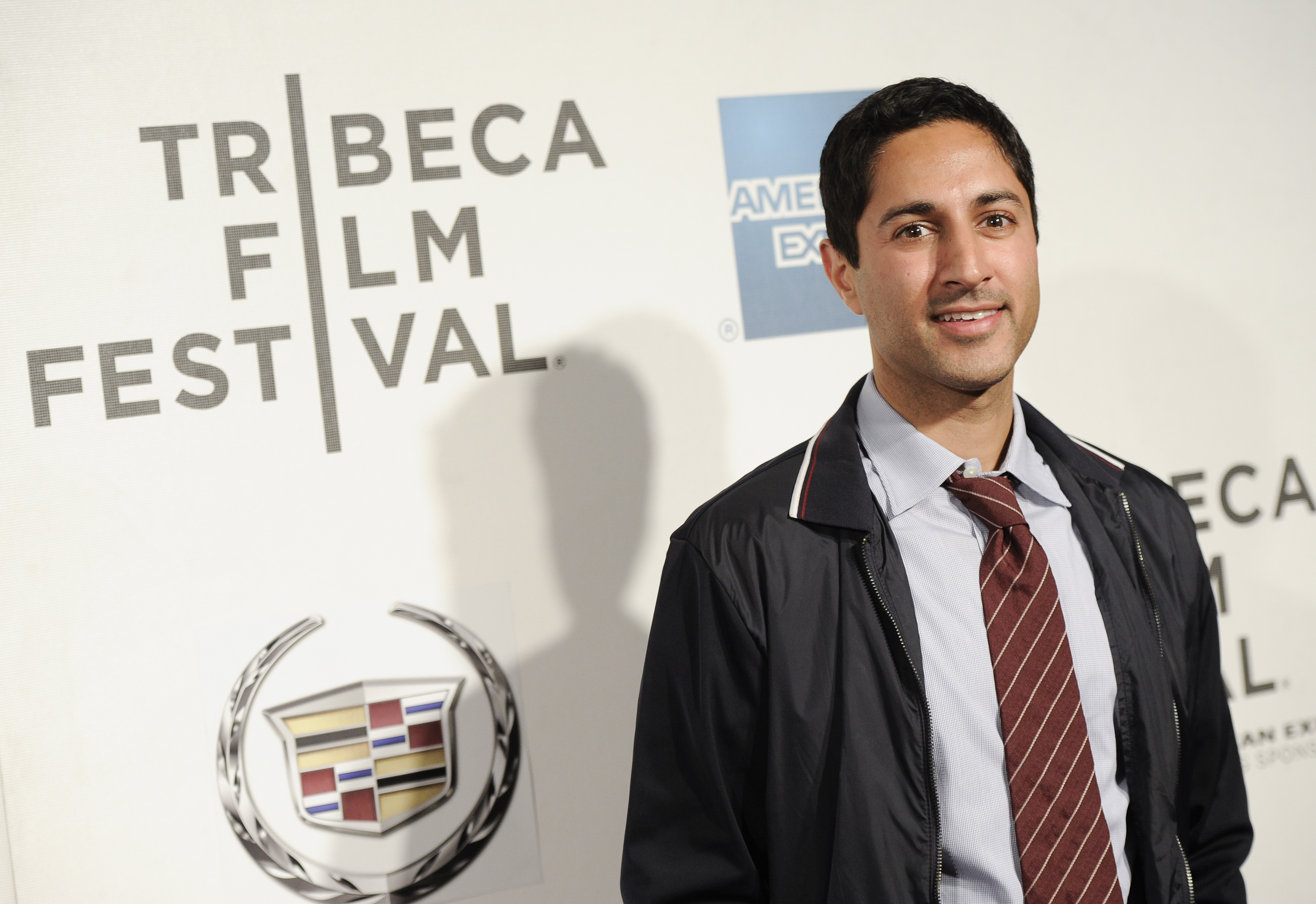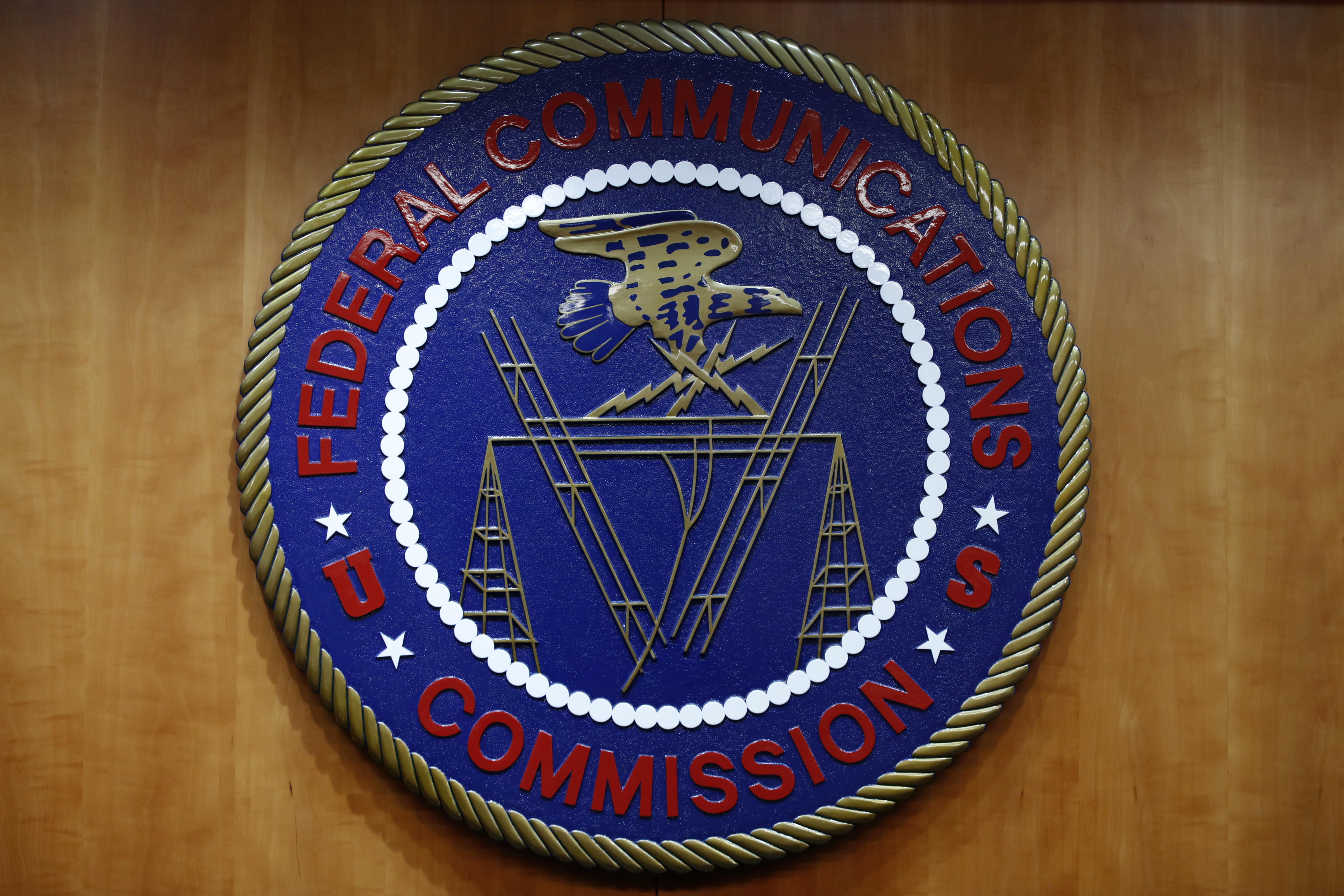Supreme Court Justice Ruth Bader Ginsburg had surgery Thursday after being diagnosed with pancreatic cancer, the court said.
Pancreatic cancer is often deadly, although the court said doctors apparently found Ginsburg's cancer at an early stage.
Ginsburg, 75, had the surgery at the Memorial Sloan-Kettering Cancer Center in New York. She will remain in the hospital for seven to 10 days, said her surgeon, Dr. Murray Brennan, according to a release issued by the court. The hospital had no comment on Ginsburg.
The only woman on the court, Ginsburg has been a justice since 1993. She is a liberal-leaning justice who has been vocal in recent years about the court's more conservative stance.
President Barack Obama expressed hope for her speedy recovery, White House press secretary Robert Gibbs said Thursday, and offered his thoughts and prayers.
In 1999, Ginsburg had surgery for colon cancer and had chemotherapy and radiation treatment. The new cancer was discovered during a routine, annual exam late last month at the National Institutes of Health in Bethesda, Md.
A CAT scan revealed a tumor measuring about 1 centimeter across at the center of the pancreas, the court said.
U.S. & World
Ginsburg had recently told her former law clerks and others that she envisioned serving on the court into her 80s, although those comments were made before the latest diagnosis.
In her previous bout with cancer, Ginsburg received treatment throughout the court's term and never missed a day on the bench.
The justices hold their next private conference on Feb. 20 and return to the bench from their winter break on Feb. 23.
The court's announcement offered few details about the surgery.
Pancreatic cancer is one of the most deadly cancers: Nearly 38,000 cases a year are diagnosed and overall, fewer than 5 percent of patients survive five years.
The reason: Fewer than one in 10 cases are diagnosed at an early stage — like Ginsburg's appears to be — before the cancer has begun spreading through the abdomen and beyond. That's because early pancreatic cancer produces few symptoms other than vague indigestion.
Even when caught early, surgery for pancreatic cancer is arduous. Doctors typically remove parts of the pancreas, stomach and intestines. Radiation and chemotherapy are common after surgery.
Ginsburg's prognosis depends on a number of factors, including whether the tumor, despite its small size, had begun spreading to the lymph nodes, and what specific type it was. Most are aggressive, although a small proportion of patients have what Dr. John Marshall, a pancreatic cancer specialist at Georgetown University Hospital, calls "quieter ones."
"We want to be in that early group so we can have the surgery and have a potential chance at cure, but it is a big operation and a disease that does tend to spread even very early," he cautioned.
Even those few patients who qualify for surgery seldom are cured by it. So chemotherapy is standard to extend survival, which is still only about 20 percent at five years for people diagnosed in early stages.
Studies are under way to try to find better therapies. Among them: Testing if an immune therapy can block the return of tumors that contain a specific genetic mutation.
Brennan is a leading specialist on pancreatic and stomach cancers and has helped to build a computer program and database of thousands of patients with sarcomas, or soft-tissue tumors, that help to predict their survival chances for at least 12 years after diagnosis.
Brennan was chairman of Sloan-Kettering's surgery department from 1985 until June 2006 and is past president of the American Surgical Association.
Ginsburg is a native of Brooklyn, N.Y., a lover of opera and perhaps personally closest on the court to her ideological opposite, Justice Antonin Scalia. The justices have vacationed together — a photo in her office shows the two atop an elephant — and routinely mark New Year's Eve with an elaborate meal prepared by their spouses.
Ginsburg was a federal appeals court judge in Washington before President Bill Clinton appointed her to the court to replace the retiring Justice Byron White. She served as a lawyer for the American Civil Liberties Union before that and argued six cases before the high court.
Ginsburg is one of only two female justices to ever serve. The other is Sandra Day O'Connor, who retired in 2006.
Since then, Ginsburg has lamented being the only woman on the court. In the spring of 2007, Ginsburg vented her frustration with the court's increasingly conservative tone by writing two sharp dissents that were made even more notable by her decision to read from them in the courtroom.
Objecting to a decision that upheld a nationwide ban on an abortion procedure that opponents call partial-birth abortion, Ginsburg said the ruling "cannot be understood as anything other than an effort to chip away at a right declared again and again by this court — and with increasing comprehension of its centrality to women's lives."
A short while later, the court threw out a discrimination suit by Lilly Ledbetter, a longtime Goodyear supervisor who was paid thousands of dollars a year less than her male peers. "In our view, this court does not comprehend, or is indifferent to, the insidious way in which women can be victims of pay discrimination," Ginsburg said.
She urged Congress to change the law to allow lawsuits like Ledbetter's. Just last week, President Barack Obama signed the change into law.



